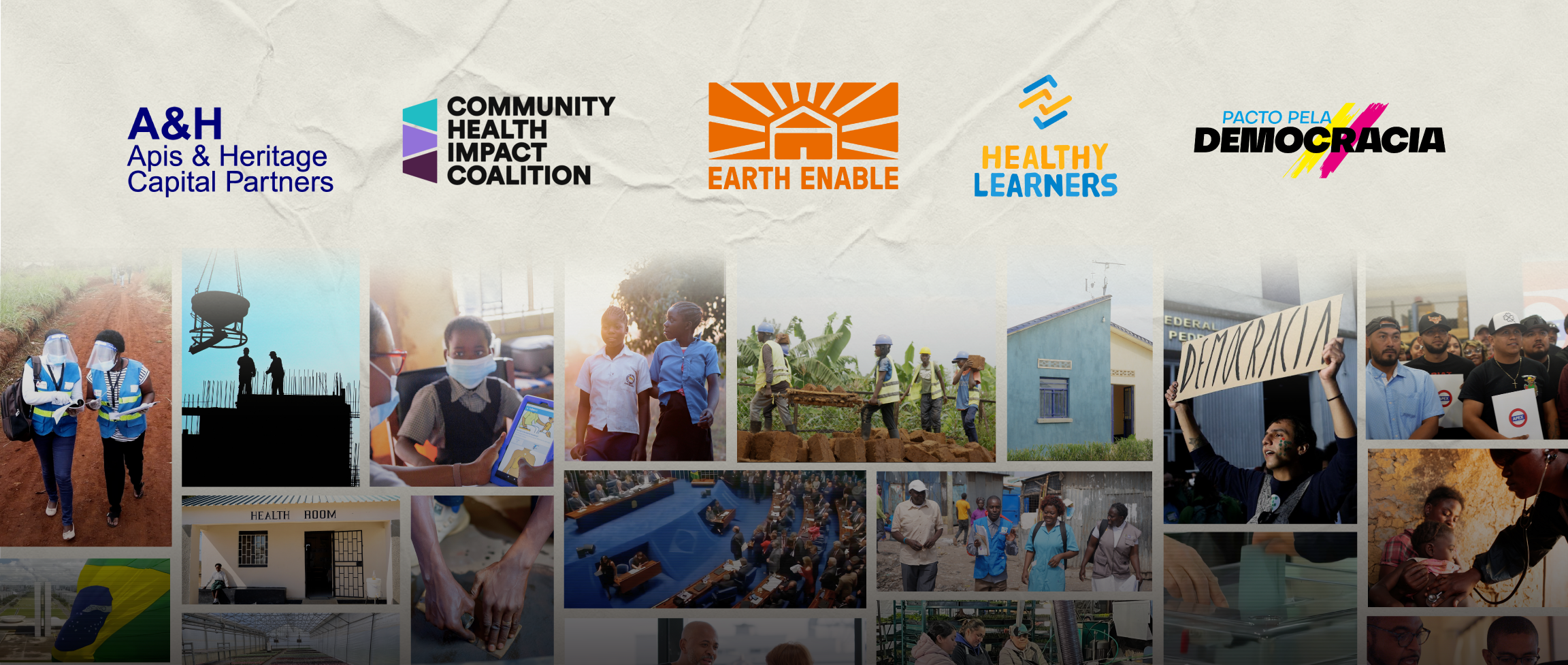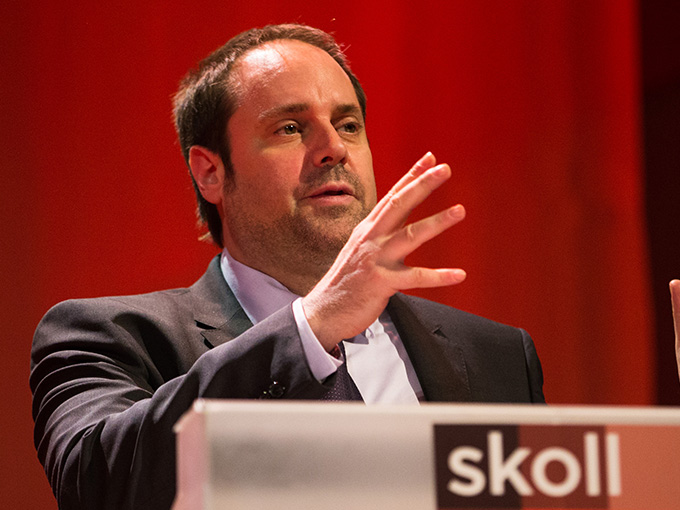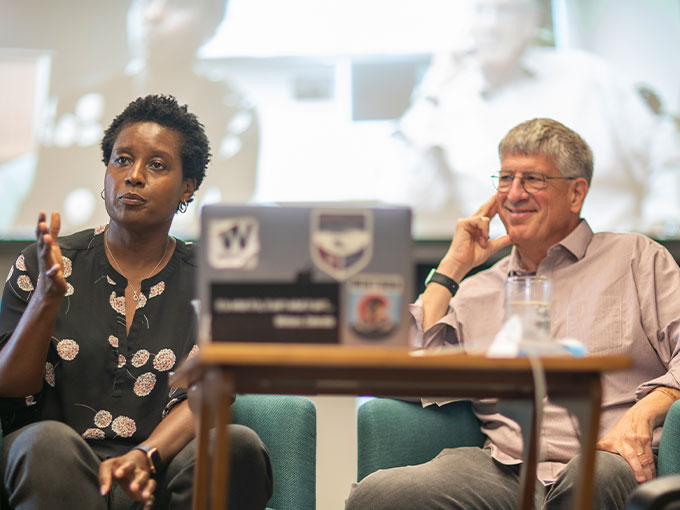-
Skoll Foundation Announces Winners of the 2025 Skoll Award for Social Innovation
LEARN MORE -
Skoll Foundation Announces Winners of the 2025 Skoll Award for Social Innovation
LEARN MORE -
Announcing the 2025 Skoll World Forum Featured Speakers
LEARN MORE -
Why we need social innovation now more than ever
LEARN MORE
Our vision is to live in a sustainable world of peace and prosperity for all.
The Skoll Foundation catalyzes transformational social change by investing in, connecting, and championing social entrepreneurs and other social innovators who together advance bold and equitable solutions to the world’s most pressing problems.
Invest
We identify people and organizations with innovations creating scalable positive impact. We invest at their inflection point towards scale, our bet that these social entrepreneurs have charted a path to fundamentally transform unjust systems.
Connect
Social Entrepreneurship is a team sport. We believe that change agents thrive in a well cultivated community of their peers. Scalable solutions to the world’s most pressing problems require innovative partnerships.
Celebrate
We believe a story well told can change the world. Through our Skoll Award for Social Entrepreneurship, we have supported 122 social entrepreneurs and 100 organizations on five continents. Their stories show the world what is possible.
Explore Our Work
We are currently undergoing a holistic strategy review to determine the areas where we might have greater impact and support our community of social innovators who are addressing the world’s most pressing problems.
Defined by our Community
We partner with social entrepreneurs and other social innovators who have lived or learned experience in the challenges they are addressing. These organizations and leaders mobilize collective efforts to advance their vision and drive durable and lasting change.
Meet Our Team






